Visit Our High-Performance Dyno Tuning Division, Redline Dyno Center.

BRAKE REPAIR SERVICES


Did You Know: A 10% increase in overall wheel diameter can lead to a 10% decrease in brake performance.
ENHANCED SAFETY
Regular brake maintenance is vital for ensuring the brakes function correctly, free from wear or damage that could lead to failure. This is crucial for vehicle safety, as effective stopping power directly impacts the safety of the vehicle's occupants and other drivers.
IMPROVED STOPPING POWER
With replacing or even upgrading your vehicle's braking system, you improve the overall stopping power. This allows you to experience responsive braking that is not spongy or dragged out, which can compromise your safety.
INCREASE FUEL EFFICIENCY
Properly inflated tires can boost gas mileage by up to 3%, leading to savings on fuel expenses and reducing environmental impact. Where as underinflated tires increase rolling resistance, demanding more fuel.
BENEFITS OF WELL-EQUIPPED BRAKING
Discover the benefits you and your vehicle receive when you maintain, repair, and replace your vehicle's brakes. As these are only a few of the many benefits, you'll be reassured that every repair made to your vehicle is an investment for the long term here at B&R Auto Repair.
FREQUENTLY ASKED QUESTIONS
The ABS (Anti-lock Braking System) light illuminates when there is an issue detected within the ABS system. Several potential reasons could trigger this warning, including low brake fluid levels, a malfunctioning ABS sensor, a faulty ABS module, or a problem with the brake system itself. It's crucial to have your vehicle inspected by a qualified technician as soon as possible to diagnose the specific cause of the ABS light and address any underlying issues. Ignoring the ABS light could compromise your vehicle's braking performance and safety. Schedule an appointment with our experts today for a thorough inspection and diagnosis.
The frequency of brake pad replacement varies depending on several factors, including driving habits, vehicle type, and road conditions. As a general guideline, brake pads typically need to be replaced every 30,000 to 70,000 miles. However, it's essential to monitor your brake pads regularly for signs of wear, such as squealing noises, reduced braking performance, or visible thinning of the pad material. Additionally, some vehicles come equipped with brake pad wear sensors that alert you when it's time for replacement. We recommend having your brake pads inspected during regular maintenance intervals and replaced as needed to ensure optimal braking performance and safety.
Brake fluid plays a crucial role in your vehicle's braking system by transmitting force from the brake pedal to the brakes. Over time, brake fluid can absorb moisture, become contaminated, and degrade, leading to reduced braking performance and potential safety risks. As a general rule of thumb, brake fluid should be replaced every 2 to 3 years, or as recommended by your vehicle manufacturer's maintenance schedule. Additionally, if you notice any signs of brake fluid contamination, such as a dark or cloudy appearance, or if your brake pedal feels spongy or less responsive, it's essential to have your brake fluid inspected and replaced promptly.

Areas Served: Sterling, IL | Rock Falls, IL | Dixon, IL | and Other Surrounding Areas
Don't let your car or truck problems stop you from doing what is needed in your life. Schedule an appointment today, call our front desk to speak with our service manager, or stop at B&R Auto Repair to speak with one our automotive technicians. We'll get you and your vehicle back on the road running properly and safely.

